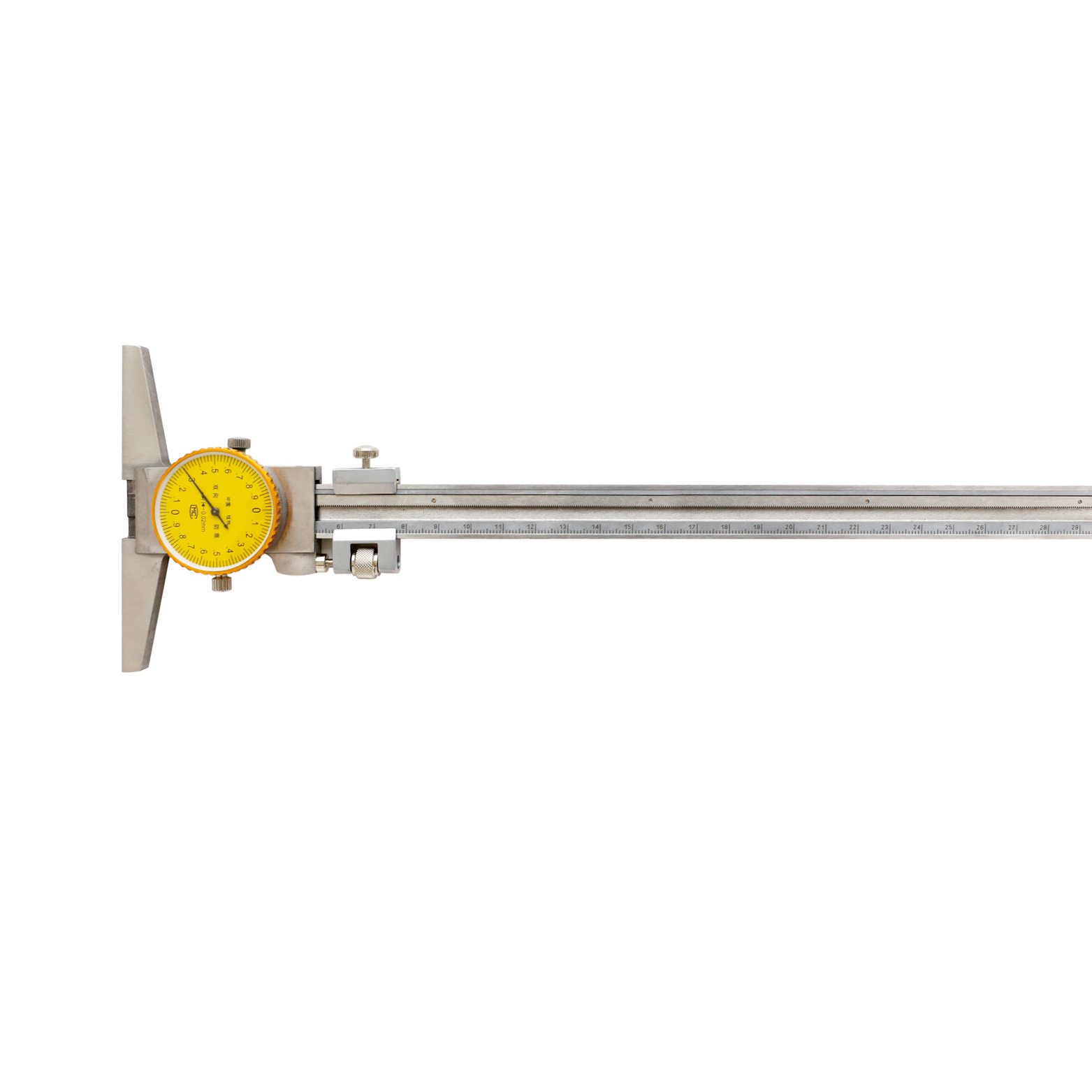gear hob Suppliers
Finding reliable gear hob suppliers is crucial for precision manufacturing. This guide explores essential factors to consider when selecting a supplier, including hob types, materials, precision standards, and key considerations for optimal gear cutting performance. Learn how to choose a supplier that meets your specific needs and ensures high-quality gear production.
Understanding Gear Hobs and Their Importance
Gear hobs are specialized cutting tools used in a process called hobbing, which is a highly efficient method for generating gears, splines, and sprockets. The hob, resembling a worm gear, rotates in synchronization with the workpiece, gradually removing material to create the desired tooth profile. The quality of the hob directly impacts the accuracy and surface finish of the finished gear. Therefore, choosing the right gear hob suppliers is essential.
Types of Gear Hobs
Gear hob suppliers offer a variety of hob types, each designed for specific applications:
- Solid Hobs: Made from a single piece of material, offering high rigidity and accuracy. Ideal for high-volume production and demanding applications.
- Inserted Blade Hobs: Feature replaceable blades, reducing tooling costs and allowing for quick changes to accommodate different gear profiles.
- Pre-Grind Hobs: Designed with a specific profile before heat treatment, resulting in improved accuracy and longer tool life.
- Topping Hobs: Simultaneously cut the gear teeth and the top diameter of the gear, streamlining the manufacturing process.
- Roughing Hobs: Used for removing large amounts of material quickly, followed by a finishing hob for final accuracy.
Materials Used in Gear Hobs
The material used to manufacture the hob is crucial for its performance and longevity. Common materials include:
- High-Speed Steel (HSS): A versatile and cost-effective option for general-purpose gear cutting.
- Powder Metallurgy High-Speed Steel (PM-HSS): Offers improved wear resistance and toughness compared to conventional HSS.
- Carbide: Provides exceptional hardness and wear resistance, suitable for high-speed machining and difficult-to-cut materials.
Factors to Consider When Choosing Gear Hob Suppliers
Selecting the right gear hob suppliers involves careful consideration of several factors:
Quality and Precision Standards
The supplier should adhere to recognized quality standards such as ISO 9001 to ensure consistent product quality. Inquire about their inspection processes and the accuracy levels they can achieve. Look for suppliers who can provide hob certifications and dimensional reports.
Material Selection and Heat Treatment
Verify that the supplier uses high-quality materials and appropriate heat treatment processes to optimize the hob's hardness, toughness, and wear resistance. Request information on the material specifications and heat treatment parameters used.
Customization and Specialization
If you require custom hob designs or specialized coatings, choose a supplier with the capabilities to meet your specific needs. Discuss your requirements in detail and ensure that the supplier can deliver a solution that fits your application.
Delivery Time and Reliability
Assess the supplier's ability to deliver hobs on time and consistently. Inquire about their lead times and inventory management practices. A reliable supplier will minimize downtime and keep your production running smoothly.
Cost and Value
While cost is a factor, prioritize value over the lowest price. Consider the hob's expected tool life, performance, and impact on gear quality. A higher-quality hob that lasts longer and produces more accurate gears can be more cost-effective in the long run. Consider getting a quote from Wayleading Tools - your trusted gear hob suppliers at www.wayleading.com. Our commitment is quality and precision.
Technical Support and Expertise
Choose a supplier that offers strong technical support and has knowledgeable staff who can assist you with hob selection, application, and troubleshooting. A supplier with expertise in gear cutting processes can provide valuable guidance and optimize your gear manufacturing operations.
Evaluating Gear Hob Suppliers: Key Questions to Ask
Before committing to a gear hob suppliers, ask these essential questions:
- What quality certifications do you hold?
- What materials do you use for your hobs, and what are their specific properties?
- Can you provide custom hob designs or specialized coatings?
- What are your lead times for standard and custom hobs?
- What is your warranty policy?
- Do you offer technical support and application assistance?
- Can you provide references from other customers?
The Impact of Hob Quality on Gear Performance
The quality of the gear hob directly impacts the performance and durability of the finished gear. High-quality hobs produce gears with:
- Improved Accuracy: Precise tooth profiles and dimensions.
- Enhanced Surface Finish: Reduced friction and wear.
- Increased Load Capacity: Ability to withstand higher stresses.
- Longer Service Life: Reduced maintenance and replacement costs.
Cost Considerations and ROI
Investing in high-quality gear hob suppliers may require a higher upfront cost, but it can result in significant long-term savings. Consider the following:
- Reduced Scrap Rates: Fewer defective gears due to inaccurate hobbing.
- Increased Tool Life: Longer hob life reduces tooling costs.
- Improved Gear Performance: Enhanced gear performance translates to longer machine life and reduced downtime.
- Reduced Machining Time: High-quality hobs can often cut gears faster and more efficiently.
Table: Comparing Gear Hob Materials
| Material | Hardness | Wear Resistance | Toughness | Cost | Application |
|---|---|---|---|---|---|
| HSS | Medium | Medium | High | Low | General purpose |
| PM-HSS | High | High | Medium | Medium | High-performance applications |
| Carbide | Very High | Very High | Low | High | High-speed machining, abrasive materials |
Conclusion
Choosing the right gear hob suppliers is a critical decision that can significantly impact your gear manufacturing operations. By carefully considering the factors outlined in this guide, you can select a supplier who meets your specific needs and helps you achieve optimal gear cutting performance. Remember to prioritize quality, reliability, and technical expertise to ensure long-term success.
Disclaimer: This article is for informational purposes only. Always consult with qualified engineers and professionals for specific gear manufacturing needs.
Related products
Related products
Best selling products
Best selling products-
 Precision Vernier Caliper With Nib Style Jaws Of Metric & Imperial For Industrial
Precision Vernier Caliper With Nib Style Jaws Of Metric & Imperial For Industrial -
 Indexable Square Shoulder End Mill For Industrial
Indexable Square Shoulder End Mill For Industrial -
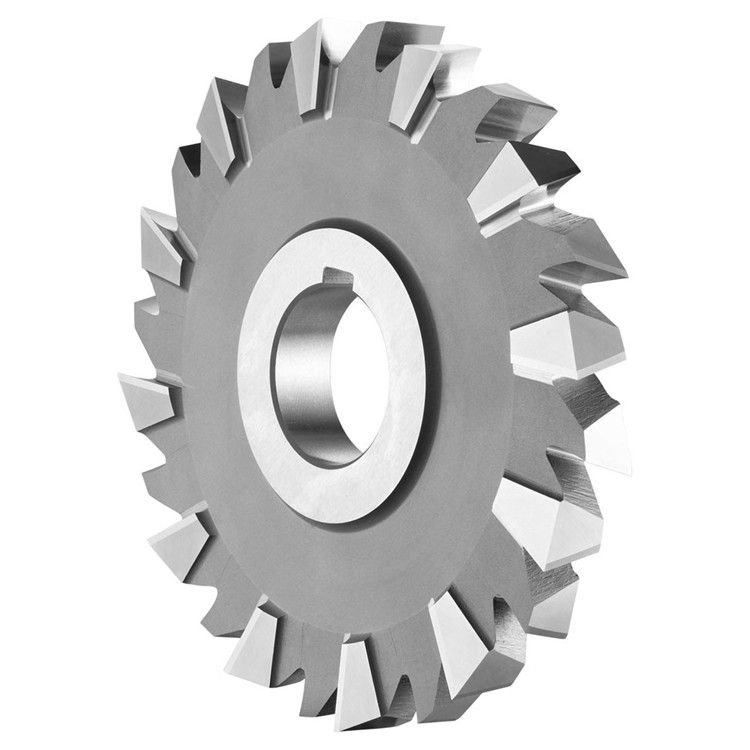 HSS Metric Side Milling Cutter With Bright Or TiN And TiAlN Coated
HSS Metric Side Milling Cutter With Bright Or TiN And TiAlN Coated -
 F1 Precision Boring Head With Metric & Inch
F1 Precision Boring Head With Metric & Inch -
 Type G Arc Pointed Tree Tungsten Carbide Rotary Burr
Type G Arc Pointed Tree Tungsten Carbide Rotary Burr -
 Precision Dial Indicator Gage For Industrial With Jeweled
Precision Dial Indicator Gage For Industrial With Jeweled -
 9PCS Broken Tap Extractor Set With Storage Box
9PCS Broken Tap Extractor Set With Storage Box -
 Precision Dial Test Indicator Holder For Industrial
Precision Dial Test Indicator Holder For Industrial -
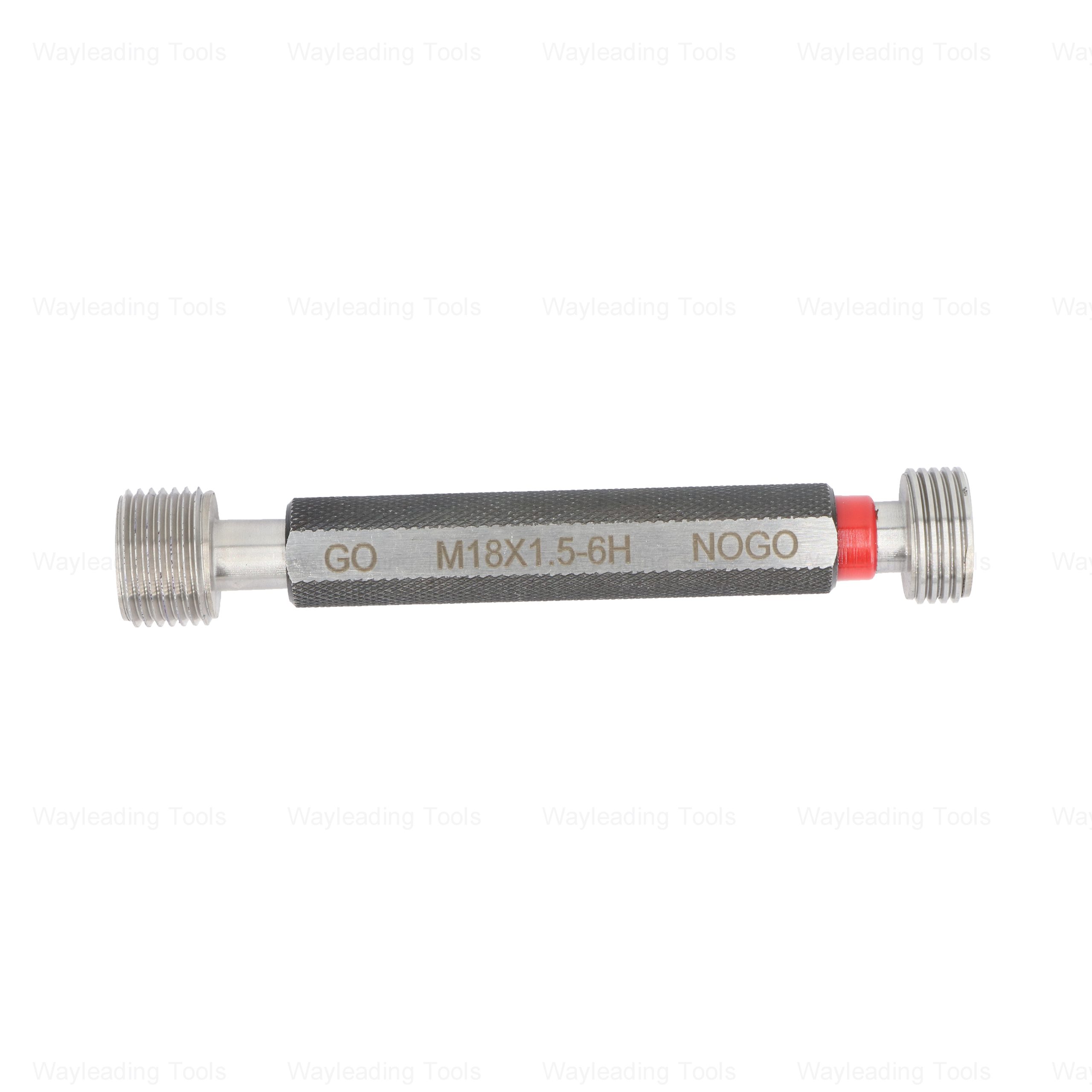 High-Precision Metric Thread Plug Gauge – 6H Class, GO & NO-GO Ends
High-Precision Metric Thread Plug Gauge – 6H Class, GO & NO-GO Ends -
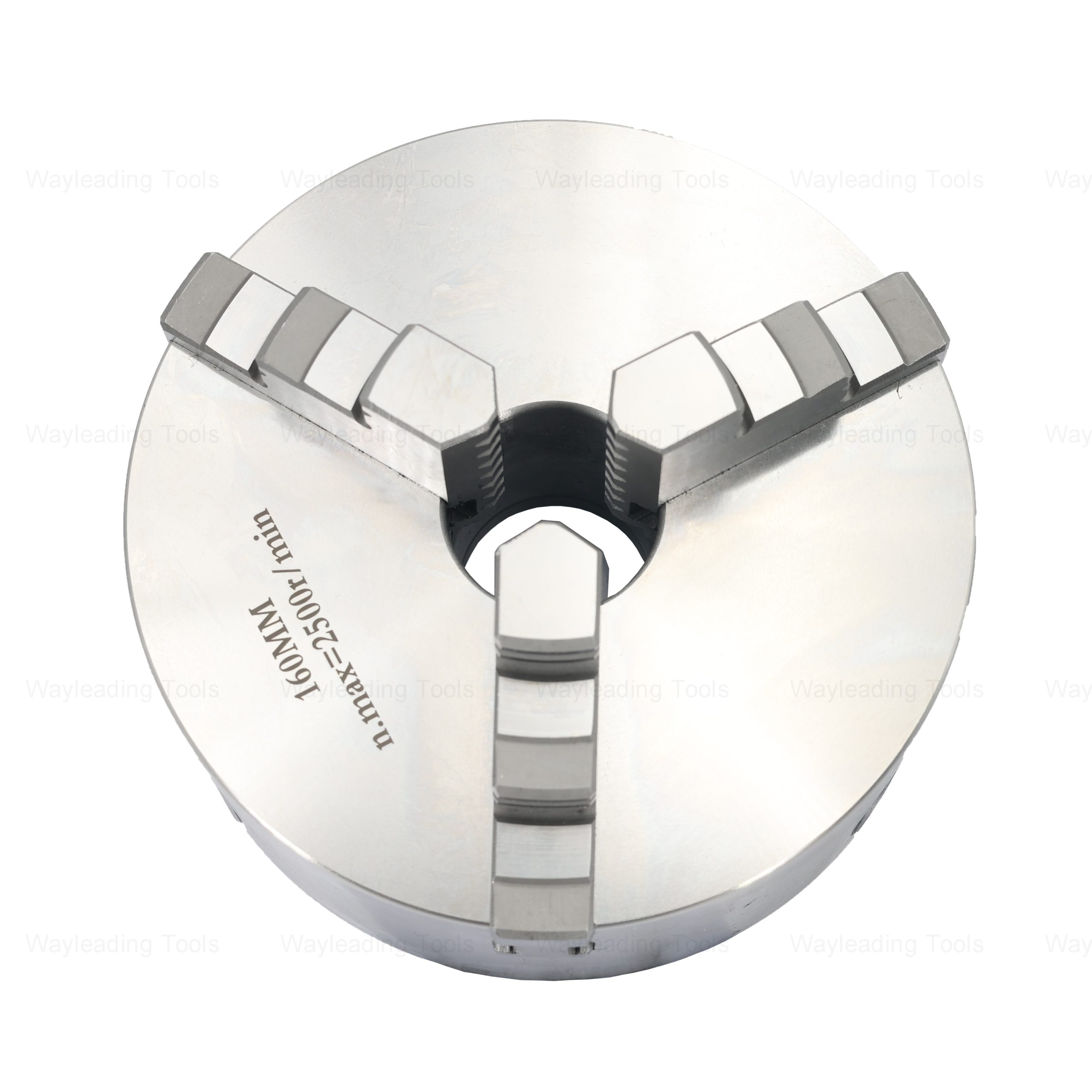 K11 Series 3-Jaw Self-Centering Lathe Chuck – Scroll Type, for Manual Lathes
K11 Series 3-Jaw Self-Centering Lathe Chuck – Scroll Type, for Manual Lathes -
 HSS Metric & Inch Dovetail End Mill With 45 And 60 Degree For Industrial
HSS Metric & Inch Dovetail End Mill With 45 And 60 Degree For Industrial -
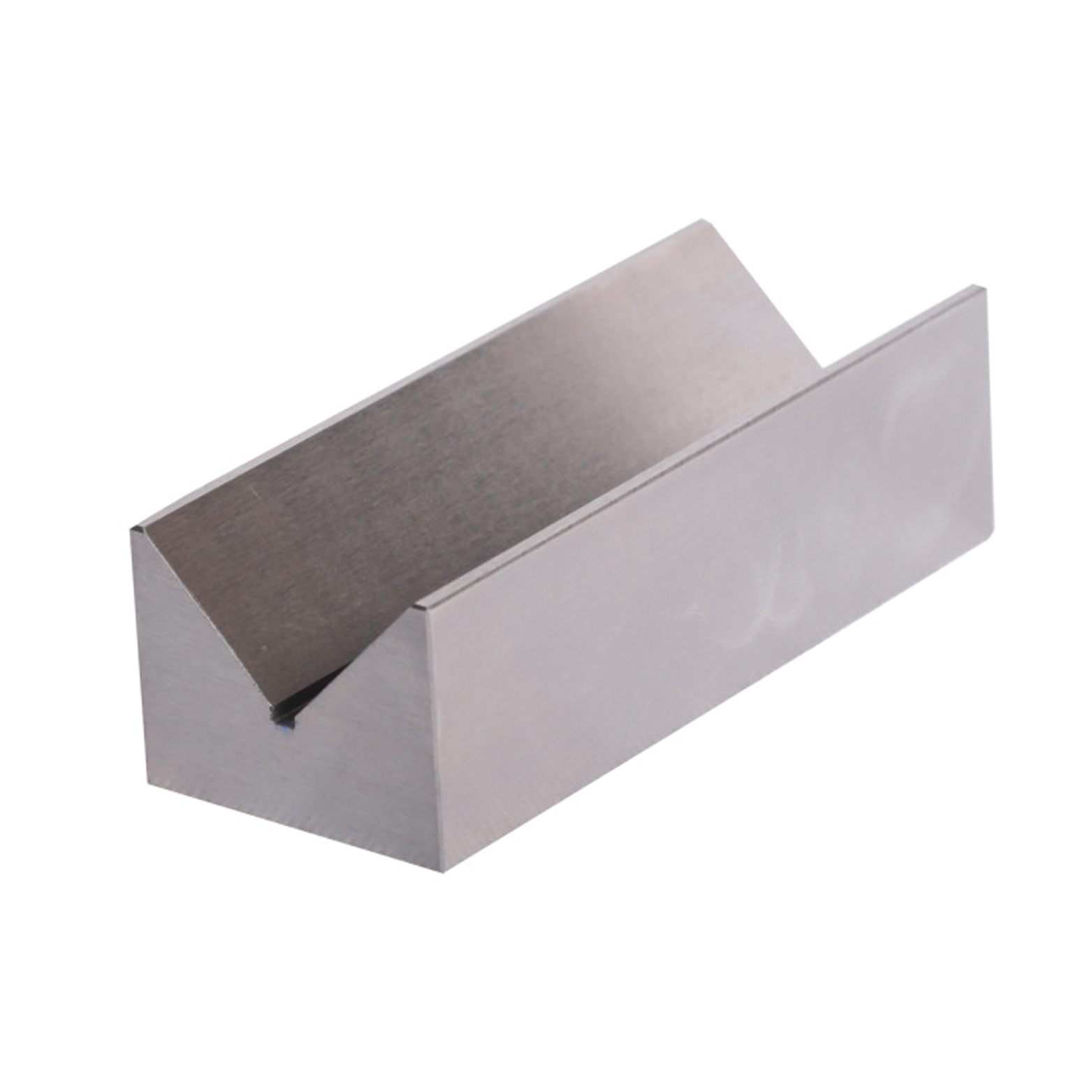 Precision V Block Set With Industrial Type
Precision V Block Set With Industrial Type








